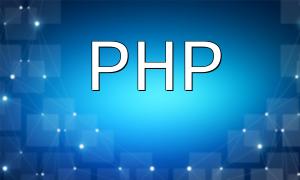PHP's autoloading mechanism dynamically loads undefined class files, greatly improving application loading efficiency and avoiding redundant code inclusion. Understanding how it works helps optimize program performance and streamlines the development process.
PHP autoloading is based on class maps and namespaces. A class map is an array with class names as keys and corresponding file paths as values. Namespaces organize and isolate classes, making class names more standardized and preventing conflicts.
When PHP encounters an undefined class, it first checks if the class exists in the class map. If so, it loads the corresponding file directly. Otherwise, it attempts to infer the file path from the class name and namespace, then loads the file.
PHP provides the spl_autoload_register() function, allowing registration of multiple custom autoload functions to make class file loading more flexible. The following example shows how to create a custom class loader that looks for class files in a specified directory:
spl_autoload_register(function($className) {
$filePath = "path/to/directory/" . $className . ".php";
if (file_exists($filePath)) {
require_once $filePath;
}
});The following example demonstrates how to optimize a simple PHP application using autoloading:
use AppModelUser;
// Register autoloader based on namespace to file path conversion
spl_autoload_register(function($className) {
$filePath = str_replace("\", DIRECTORY_SEPARATOR, $className) . ".php";
if (file_exists($filePath)) {
require_once $filePath;
}
});
// Use class map to improve loading efficiency
$classMap = array(
"AppModelUser" => "path/to/User.php",
);
spl_autoload_register(function($className) use ($classMap) {
if (isset($classMap[$className])) {
require_once $classMap[$className];
}
});
// Support autoloading for third-party libraries
spl_autoload_register(function($className) {
$vendorPath = "vendor/autoload.php";
if (file_exists($vendorPath)) {
require_once $vendorPath;
}
});By applying these autoloading practices and optimization techniques, PHP applications can achieve better performance and maintainability, unlocking their full potential.









